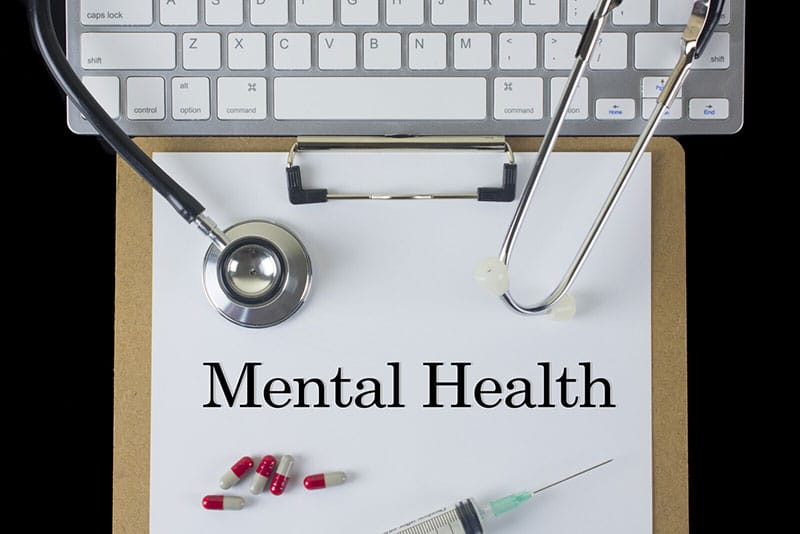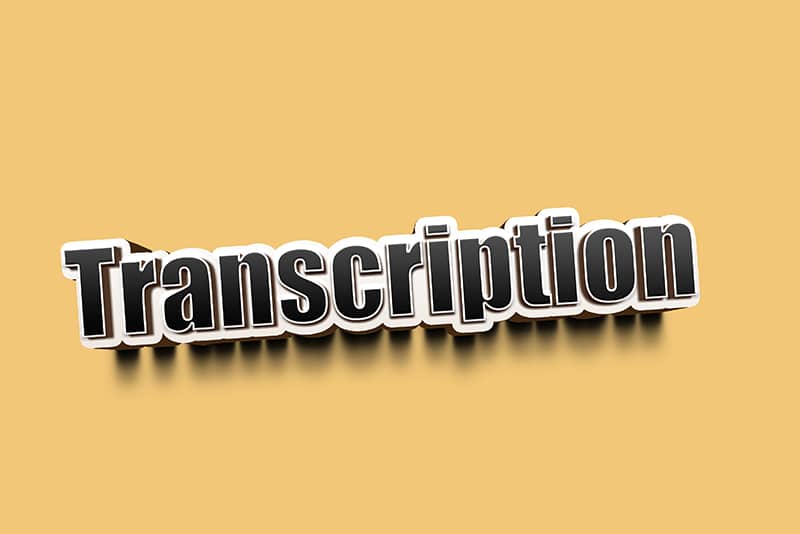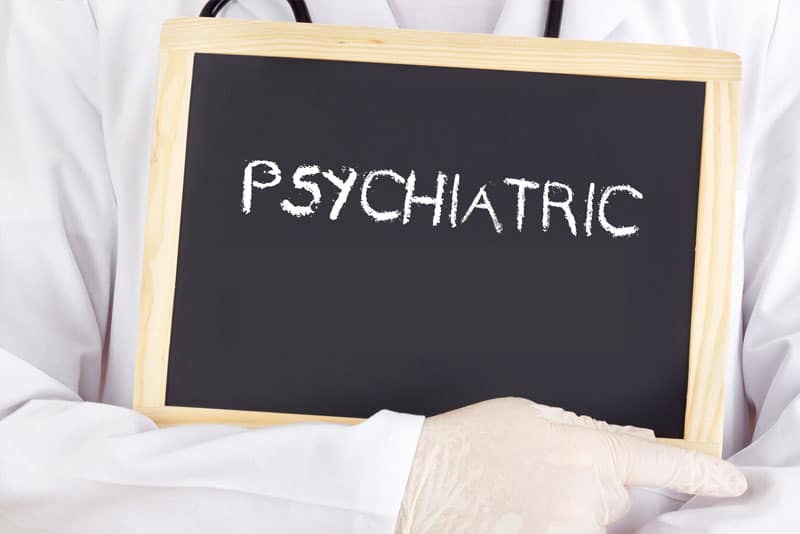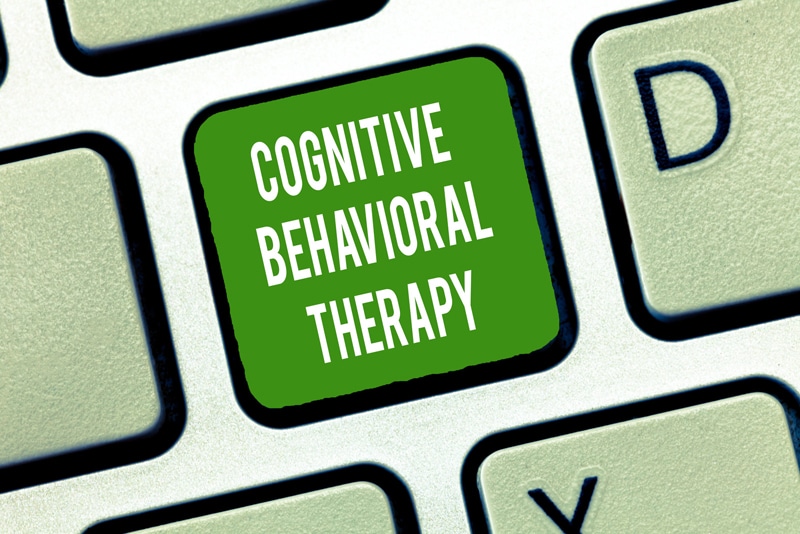
Maintaining appropriate records of psychological services allows providers to monitor their work and promotes continuity of care. Good records protect both the patient and psychologist in the event of legal proceedings and are also essential for the psychologist to obtain appropriate reimbursement for services rendered. Psychiatry transcription service providers play a key role in helping mental health specialists ensure accurate and timely record keeping.
Mental health progress notes are the notes that psychologists, therapists, clinical counselors, psychiatrists, and other practitioners make at each session about the patient’s clinical status and may include important issues or concerns associated with the patient’s treatment over the course of care.
Functions of Mental Health Progress Notes
The functions of mental health progress notes include the following:
- Provide Evidence that Competent Care was Provided: Progress notes allow a therapist to document their ongoing efforts to assess and manage the patient’s symptoms and also document their how they exercise judgment when dealing with complex and challenging treatment scenarios.
- Demonstrate Medical Necessity: Insurers may require a provider to document the “medical necessity” for treatment in the patient’s record. Progress notes contain evidence of the patient’s need for treatment at a particular point in time.
- Treatment Planning: It can happen that the patient is seeing the therapist again after an extended period of time. Progress notes serve to refresh the therapist’s memory. Different therapists treating the patient during a treatment episode refer to progress notes for specific clinical information pertaining to the patient.
- Legal and Ethical Considerations: While there are no specific legal or ethical standards that govern the format or content of a progress note, as a general rule, therapists need to take practical steps to ensure accurate documentation that reflects the care provided.
- Payer Requirements: Insurance companies or managed care organizations may have explicit practice guidelines and/or treatment standards with specific requirements for documentation of mental health services, including progress note entries.
Therapists use different formats and approaches to write progress notes, depending on the particular situation. For instance, while some clinicians keep detailed notes, others prefer to record only essential information. Many follow the S.O.A.P. format:
- Subjective – The patient’s description of the problem/intervention
- Objective – The therapist’s objective observations
- Assessment – The therapist’s analysis of the various components in the subjective and objective sections of the note
- Plan – A description of the treatment plan to the reach the goals or objectives (including additional tests to rule out or confirm a diagnosis, prescribed medication or surgical interventions, and follow-up)
However, some therapists may find the S.O.A.P. format cumbersome. The American Psychological Association (APA) states that up to the psychologist to balance various considerations and adopt the appropriate approach to keeping records.
Writing Therapy Progress Notes – Important Considerations
Here are 6 important steps to follow to maintain good mental therapy notes:
- Meet the Necessary Requirements: Mental health progress notes need to meet their basic purpose and functions as defined above. The notes need to comply with state and federal laws and meet payer regulations. The documentation should provide evidence of quality care and decision-making for complex situations. The progress notes should provide communicate treatment plan information between providers, while meeting the specific requirements of the practice setting. Therapy progress notes may include: medical history, current condition, allergies, medications used and prescriptions, past treatment, diagnosis, symptoms, current treatment plan and modifications, interventions, progress or lack of progress, tests conducted and results, safety issues, treatment compliance/lack of compliance, collaboration with other providers, referrals made and reasons, and so on. To ensure the right level of detail, the APA recommends that psychologists balance client care with legal and ethical requirements and risks.
- Be Clear, Legible and Specific: Mental health progress notes should be clear and legible and readable by other providers and authorized persons. Entries should be accurate and if possible made soon after services are provided. The documentation should be concise and specific, and cover all the information to justify medical necessity and the treatment approach.
- Know HIPAA’s Distinction between Progress Notes and Psychotherapy Notes: Therapists who are HIPAA-covered entities should be knowledgeable about the concept of “Psychotherapy Notes” according to HIPAA. The HIPAA-created “Psychotherapy Notes” category is different from progress notes. According to HIPAA, Psychotherapy Notes exclude: “medication prescription and monitoring, counseling session start and stop times, the modalities and frequencies of treatment furnished, results of clinical tests, and any summary of the following items: Diagnosis, functional status, the treatment plan, symptoms, prognosis, and progress to date”. This implies that HIPAA clearly excludes content that is ordinarily used to document the patient’s treatment, e.g., the content that is ordinarily noted in progress note (www.camft.org).
- Be Knowledgeable about Terminology and have a Ready List of Frequently-provided Interventions: Progress note-taking involves documenting interventions and treatments. Knowing the terminology, appropriate language to use, and abbreviations is essential for better understanding and reliable reference. In fact, teams in a medical transcription company that provides psychiatry transcription services would be familiar with appropriate language and abbreviations used by therapists, and can ensure quick, error-free documentation of physician notes in the electronic health record (EHR). Mental healthcare software provider Quenza recommends that having a ready list of common interventions for quick reference would be very for practitioners involved in the patient’s care to understand the interventions implemented by others.
- Avoid Shortcuts: Every time a progress note is created, it should include all the necessary information: the clinician’s full name, date, time, patient name, patient identifier and electronic signature. This is strongly recommended for legal and ethical reasons, especially in a multi-provider context.
- Consider Patient Requests: Some patients ask their therapist to minimize documentation in the record in order to protect the information from certain parties or to avoid potential legal problems. In such situations, clinicians should maintain a balance between meeting documentation requirements and safeguarding the patient’s interests by separating discussions with patients from the rest of the medical record (www.therapynotes.com).
When maintaining mental health records, clinicians need to consider legal requirements, ethical standards, patient needs and other factors, as well as their particular professional context. Outsourcing medical transcription to an experienced psychiatry transcription service provider can help providers maintain accurate and timely progress notes as well as psychotherapy notes.


